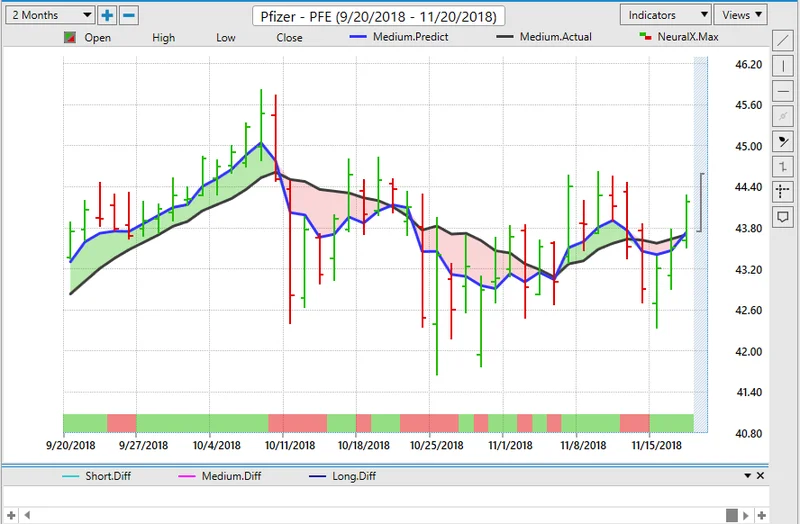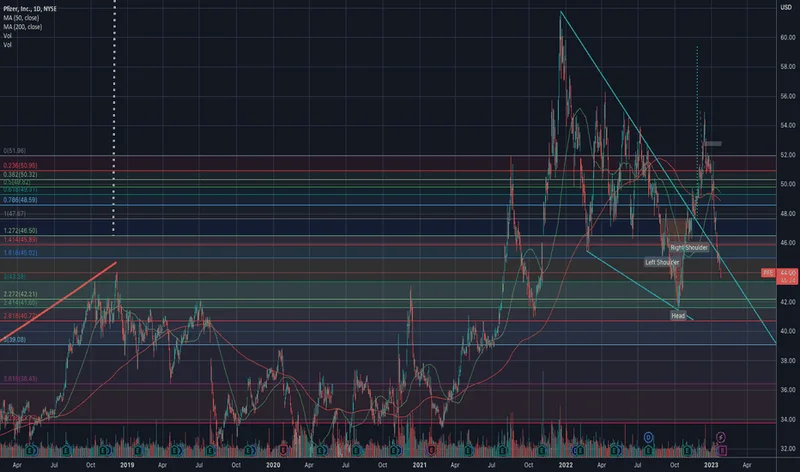Pfizer's $10B Metsera Bet: The Strategic Rationale vs. the Market Reality
# Pfizer Didn't Outbid Novo Nordisk. It Outmaneuvered Them.
The headline is simple: Pfizer wins $10 billion bidding war for Metsera as Novo Nordisk exits. On the surface, it’s another pharma giant spending big to buy its way into a lucrative market after its own in-house efforts stumbled. The narrative writes itself—a classic story of deep pockets winning a coveted prize.
But that narrative is incomplete. It misses the core variable that decided this outcome. This wasn’t a simple auction where the highest bidder won. It was a strategic game where the biggest player in the room, Novo Nordisk, was disqualified not by price, but by its own shadow. The real story isn’t about the money; it’s about the quiet, decisive intervention of a third party: the U.S. Federal Trade Commission.
The Illusion of a Bidding War
For a week, the market was captivated by what was dubbed a “‘Game of Thrones’-style” fight. Pfizer had a deal locked up, then Novo Nordisk, the Danish behemoth of the obesity drug market, swooped in with an unsolicited offer. Metsera’s stock surged nearly 60%—to be more precise, it gained enough to send its market value to $8.75 billion by Friday’s close. In the fluorescent glow of trading screens, it looked like a classic corporate dogfight.
Except the final numbers don't support that story. Pfizer’s winning offer of $86.25 per share represented a premium of just 3.69% to Metsera’s closing price. That’s not a knockout blow. It’s a marginal increase, the kind of final nudge you make when you know the other party has already been forced to fold their hand.
Novo’s sources claimed their last bid was the “maximum value” for Metsera and that the deal was never “do or die.” This is standard corporate posturing. The data suggests their exit was less about valuation and more about feasibility. So, if it wasn't a question of price, what was the mechanism that forced the market leader out of the race for a key strategic asset?

The Antitrust Checkmate
The answer is found in Metsera’s own statement. The board rejected Novo’s proposal due to “unacceptably high legal and regulatory risks.” This wasn’t a vague concern. It was a direct response to a letter from the FTC, which explicitly warned that a Novo-Metsera merger risked violating U.S. antitrust laws.
I've analyzed dozens of M&A filings, and it's rare to see a target company so publicly and precisely cite a specific regulatory body's warning as the definitive reason for choosing a suitor. This wasn't boilerplate legal language; it was the entire ballgame.
Think of Novo Nordisk's position in the obesity drug market as a massive container ship. Its sheer size and market share give it enormous power, but also make it a huge, slow-moving target in the narrow channel of antitrust review. Pfizer, a relative newcomer to this specific therapeutic area, is a smaller, more agile vessel. It could navigate the regulatory waters with ease, while Novo was effectively grounded by its own scale. The very dominance Novo worked for years to build became its single greatest liability in this transaction.
This creates a fascinating paradox. Novo, desperate to reclaim ground from its chief rival Eli Lilly, was prevented from acquiring a key asset precisely because it was already too powerful. What does it say about a market when one of its two dominant players is functionally barred from M&A activity that would increase its competitiveness? And how does Pfizer, which has its own history of massive acquisitions (the $43 billion Seagen deal comes to mind), get a pass? The discrepancy seems to be market-specific. Pfizer is a giant in pharma, but in the GLP-1 space, it’s a startup.
The FTC didn’t even need to file a lawsuit. A single, well-timed letter was enough to steer a $10 billion acquisition. The decision was made for Metsera’s board late on a Friday—a quiet, clinical end to a week of public drama. Pfizer didn't win because it had more cash; it won because it had a cleaner path to the finish line.
A Victory by Default
Let's be clear: Pfizer’s acquisition of Metsera is not a stroke of strategic genius. It is a victory by default, an outcome determined by regulatory physics rather than corporate brilliance. Pfizer paid a full price for an asset whose other primary suitor was legislatively kneecapped. They were the only viable option left on the table.
This is a significant win for Pfizer, giving it a much-needed foothold in a market projected to be worth over $100 billion. But the real work—actually developing Metsera’s pipeline into marketable drugs—remains. Buying a ticket to the race doesn't guarantee a podium finish. For Novo Nordisk, this is a clear signal that its path to growth via acquisition in the U.S. is now heavily obstructed. The company will have to rely on its internal pipeline, a riskier and slower proposition. The biggest winner here may not be Pfizer, but the FTC, which just proved it can shape a multi-billion dollar market without ever stepping into a courtroom.
Related Articles
PFE Stock: Guidance Up, Sales Down - What's the Catch?
Pfizer's "Strong EPS Performance"? More Like Smoke and Mirrors Pfizer's patting itself on the back f...
